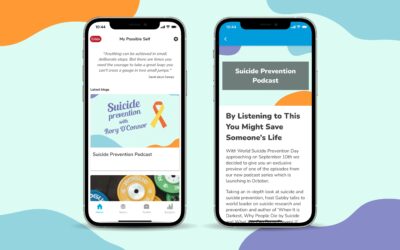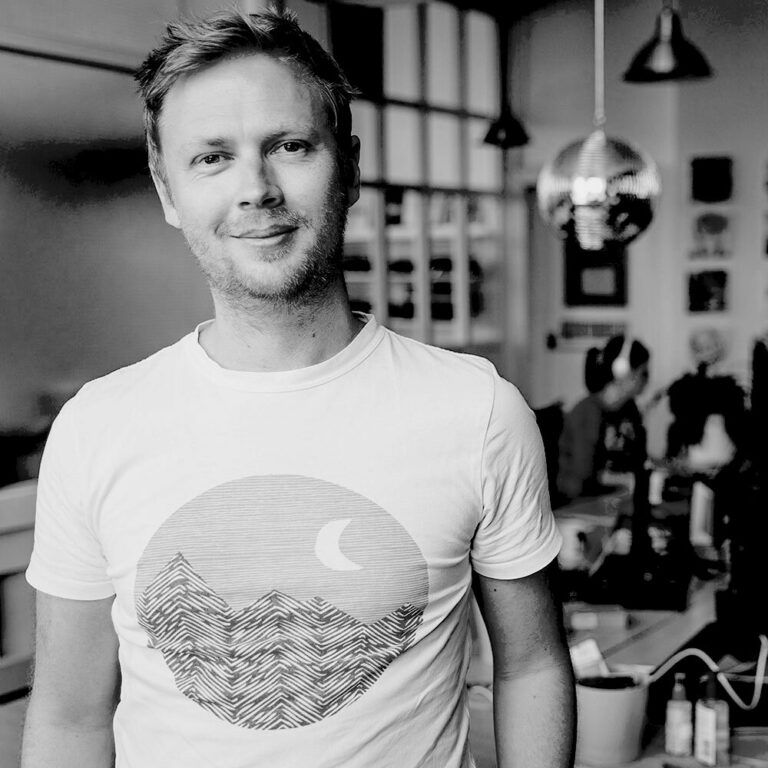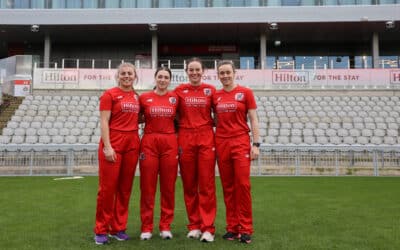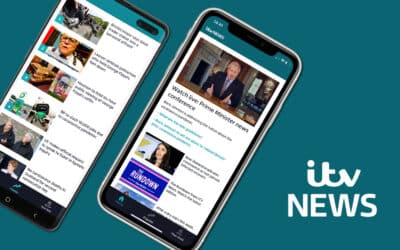Alex Jungius, Owner & Director of Leeds-based content agency Distorted, says the change in audio consumption trends has big implications for brands.
Audience listening behaviour has changed in the last few years, but more importantly so has audience needs.
Pre-pandemic, listening behaviour had already changed. Digital innovation enabled easier and more convenient listening, and developments in technology brought more ways to listen, with streaming services, apps and smart speakers among the new ways to consume audio.
The latest figures released by RAJAR for Q3 2021 show that 41 million adults, almost three-quarters of the population, are tuning into radio via a digital device.
Throw in a global pandemic – where people’s lives and routines were thrown into chaos – and the playing field was left wide open for everyone; brands, content creators, media platforms and consumers. The usual media buying formulas we had come to rely on didn’t exist as listening habits changed overnight.
Human connection
During the pandemic, people turned to audio for more than background accompaniment to their lives.
People wanted and needed a deeper human connection, and as people continue to work from home we’re seeing the new trends that formed during lockdown stick around. People are now listening to audio for longer periods of time across the day, as opposed to the short bursts we were used to seeing as they got ready for work or on their commute home.
Audio accompaniment replaced the office companion as we all slowly came to the realisation that digital is great, but we miss actual people.
Audio builds connections like no other medium, and podcasts in particular create a space for the host and listener to delve deeper into topics and passions that mean something to them both. From the serious to the comedic, it would seem no topic is off-limit, and without time constraints or rules the podcast is a platform for storytelling at its best, whatever the story.
Once a person has discovered a podcast that talks to them, they will generally stick with and engage in a show if it’s done right. In fact, the connection between listener and host has the potential to transcend its digital audio foundations and be welcomed into real life.
Cookbooks and wellbeing guides born out of weekly shows are in family homes, with sell-out gigs in theatres and arenas up and down the country, all because of the connection presenters have made with their audience.
What does this mean for brands?
Brands can struggle to make their proposition feel human at times, and podcasting is the most human of all “new media”. Podcasts offer the perfect space to humanise what can be large faceless organisations with personal, sometimes deep and meaningful conversations.
The honest truth in the brand world right now is that every brand is becoming a media company, whether they understand that or not.
Marketing teams are scrambling to create content to show how great their product is, how sustainable or diverse their proposition is, or to join in with the latest trend. More traditional marketing is changing and the branded podcast is certainly showcasing itself as an attractive proposition for brands and content creators but it has only just started to appear in any meaningful way.
Used correctly, podcasts can help brands cultivate a genuine audience connection and not just in the B2C world. Podcasts are increasingly used as part of internal communications plans – as workforces become more remote, companies have used the medium to engage with staff and stakeholders.
Let’s make a podcast
For most companies, podcasting is a bit of a buzzword. They know there is great potential in the medium but it’s not fully understood.
This is partly down to the ‘open-source’ nature of how podcasting has grown and evolved, but also because audio for a long time was seen as in decline. This has never been the case, but perception is everything – and now that perception is shifting, everyone is trying to catch up, including the platforms built on shareable content.
Facebook recently launched its audio ‘hub’ offering in the US; Spotify’s big play is to be the go-to place for all audio not just music; and even Twitter is wanting to get in on the action with Spaces. The pressure for marketing teams is on!
“Let’s make a podcast,” is a phrase being bandied about in boardrooms up and down the country, from agencies to big multinationals, but very few are created with any real strategy or long-term goal. For podcasting to succeed it needs to be treated like any other paid-for media buy or comms activity; it needs to be planned, well-produced, well-executed, relevant and marketed with force.
It then needs to be accountable. What is success in the branded podcasting world? With such a new and evolving medium, marketers need to think about how they measure success at brief stage. It could be website clicks, client leads, general awareness or – as has been the current trend – association of the brand with a celebrity.
A “Phil’s Carpets” Original Podcast
But remember this: Not every company needs a podcast. In fact, many don’t – and please, don’t do one for the sake of it to jump on the next coolest thing.
Whatever you think about podcasting forming part of your marketing or comms strategy, there is no denying it’s a space that holds an engaged and captive audience.
No disruptive marketing here – the podcaster is invited, open-armed by a real human wanting to connect. Don’t squander that trust.











